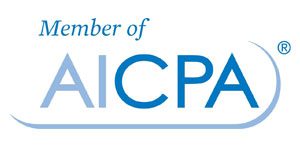What is a Franchisor Audit
Why you need a financial statements audit? The ultimate goal of all franchisors is to expand their franchise by selling franchises to the prospective franchisee. However, a franchisor must meet FTC requirements and provide annual Franchise Disclosure Documents (FDD) to sell franchises in the United States. The FDD is a disclosure document that contains 23 […]
What is a Franchisor Audit Read More »



